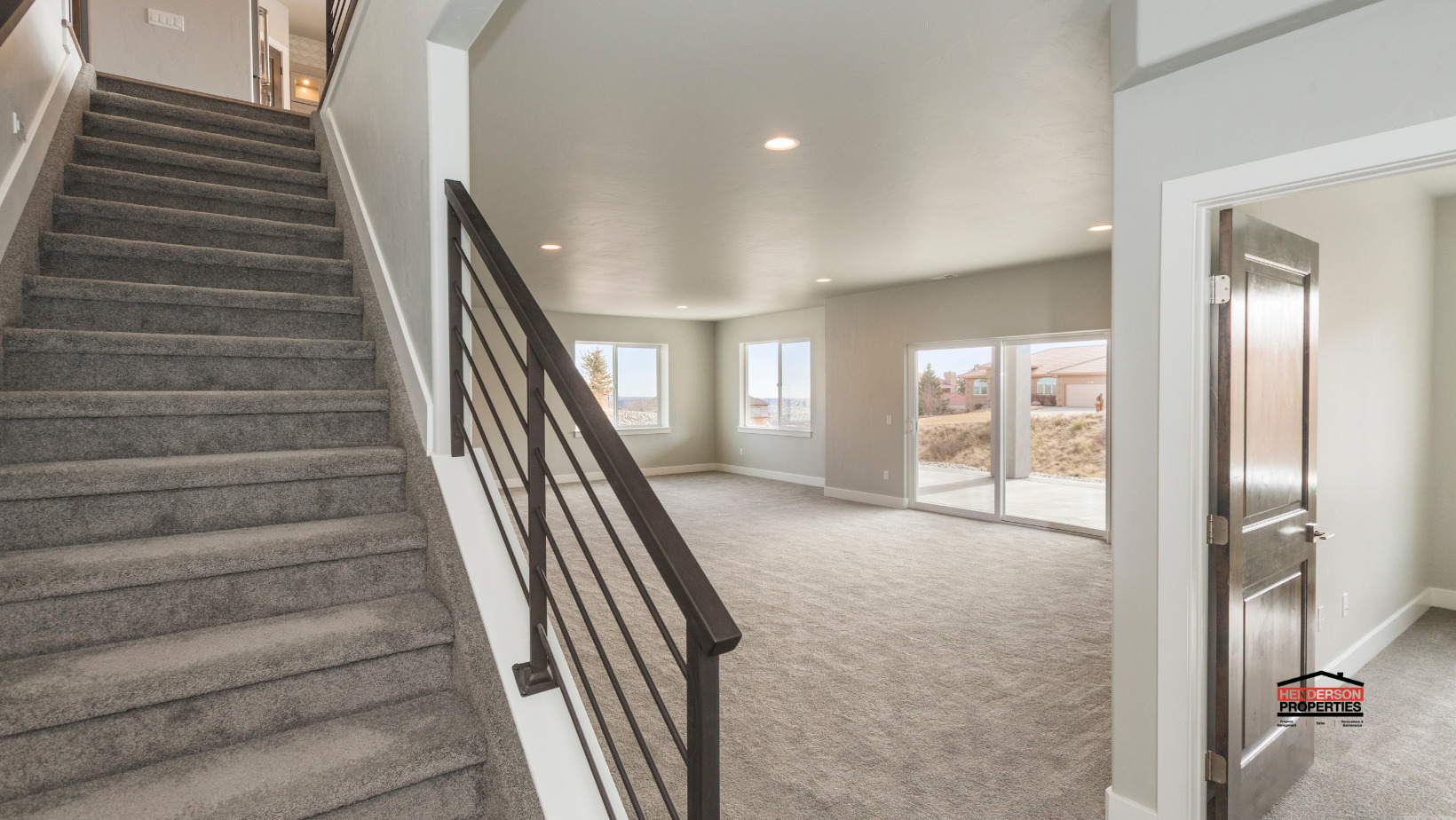- Walk-in Traffic is by Appointment Only - More Details
How to Handle Evictions Without Burning Bridges

Why Charlotte Landlords Are Using Our ProtectionPlus Plan
August 1, 2025
House Hacking in Charlotte
August 13, 2025North Carolina Eviction Laws
Evictions are never the goal when you sign a lease agreement. As a landlord, you want stable, reliable residents who respect your property and pay on time. However, in the real world, situations arise, jobs are lost, health crises occur, personal conflicts escalate, and lease terms are breached. When those moments come, how you respond can determine not only the outcome of that situation but also your long-term reputation as a landlord.
In Charlotte, tenants often share their stories with friends at local breweries, neighbors, and online communities like NextDoor. Being recognized as a fair, understanding, and caring landlord can help you find the best renters.
This guide helps you manage lease violations and evictions in North Carolina, focusing on legality, compassion, and practical solutions for both landlords and residents.
Know the Rules And Play by Them
In North Carolina, eviction is referred to as ‘summary ejectment,’ with clear and established legal procedures. Grasping the law is necessary for issues like unpaid rent, noise, unauthorized pets, or lease breaches.
For instance, if the rent is not paid, you are required to issue a 10-day demand for payment prior to initiating eviction proceedings in court. This notice basically states: “You have ten days to settle the outstanding amount or vacate the premises.”
For other situations, the required notice period varies. Month-to-month residents typically receive at least 7 days’ notice, while yearly lease holders may require 30 days or more.
Never attempt a “self-help” eviction. Changing the locks, shutting off utilities, or removing a tenant’s belongings without a court order is not only frowned upon but also illegal. Such actions can result in legal proceedings, monetary penalties, and damage to your professional reputation. Adhering to the official legal process demonstrates seriousness, fairness, and compliance with the law.
Talk Before You File
One of the most effective ways to avoid eviction and the stress, cost, and uncertainty that comes with it is simply having a conversation. It costs nothing but can save you thousands in court fees, lost rent, and turnover costs.
The moment a problem surfaces, reach out directly. This is not the time for angry emails or cold, legal-sounding letters. Instead, approach your resident as a person first, and then as a landlord second. A warm but firm tone works wonders, perhaps something like…
“Hi, I noticed your rent payment hasn’t come through yet. I just wanted to check in and see if everything’s okay.”
People are much more willing to resolve an issue when they feel truly heard and respected. By approaching the situation calmly and without judgment, you create a more cooperative environment rather than one of conflict. The important thing is to stay focused on finding a solution, while gently reminding everyone that the lease terms are still in place.
Creative Solutions That Work
When financial concerns come up, being flexible can really make a difference in resolving issues and keeping your unit occupied. You might consider offering a written payment plan that lets residents slowly pay off what they owe through manageable installments. For example, adding an extra $150–$200 to the monthly rent until the debt is cleared can help tenants get back on track without overwhelming them financially.
If the problem seems more than temporary, connect residents with local support. Charlotte’s Crisis Assistance Ministry offers emergency rent and utility aid for qualified individuals. The City of Charlotte’s Community Relations Committee provides landlord–tenant mediation, helping both sides reach fair agreements without court.
Mediation is a wonderful process where a neutral third party helps the landlord and tenant talk openly and come up with solutions in a safe and controlled environment. Some options might include setting a move-out date with fewer penalties or establishing clear expectations during a probation period. Mediation is often quicker, less expensive, and less stressful than court proceedings.
Enforce With Grace
Despite proactive communication and innovative solutions, certain circumstances necessitate proceeding with eviction. In such cases, professionalism and empathy must direct each phase of the process. The objective is to preserve your investment while maintaining respect for the tenant’s dignity.
Here is the recommended approach to manage the procedure with fairness and compassion:
- Serve Notices Promptly and Politely – Deliver all required notices in writing and on time. Keep your language factual and neutral, including only essential details such as dates, amounts owed, and specific lease clauses that have been violated. Avoid emotional or accusatory language that could escalate tension.
- Be Fully Prepared for Court – Bring an organized file with the signed lease, payment records, communications, and notices. Mecklenburg County’s eviction process is quick; however, there is a 10-day appeal period following judgment. Use this time to stay calm and professional, avoiding harassment.
- Show Compassion During the Writ of Possession – If the sheriff enforces the writ, allow residents a reasonable amount of time to gather essentials. When possible, provide them with a short list of local housing or shelter resources. This small gesture demonstrates that while you must reclaim your property, you value treating others with respect.
Why Compassion Pays Off in Charlotte
Charlotte’s rental market is highly competitive, but it also places importance on community reputation. Landlords who strike a balance between being firm and fair are more likely to attract high-quality residents and achieve better retention rates.
Compassion doesn’t imply ignoring or softening rules but entails applying them respectfully. Keep detailed records of all communications, notices, discussions, and solutions offered. This protects you legally and shows future residents that you’ve acted with integrity.
When you handle a tough situation with empathy, residents remember it. They may even refer friends or return as renters in the future when their circumstances change. And word-of-mouth in a city like Charlotte can be as valuable as any online marketing campaign.
Need A Local Pro?
At Henderson Properties, we’ve been helping Charlotte-area landlords handle lease enforcement with professionalism, empathy, and results for decades. From preventive tenant screening to compassionate conflict resolution, our team takes the stress out of property management.
Request your property management proposal and let us handle the tough situations so you can focus on growing your portfolio.







